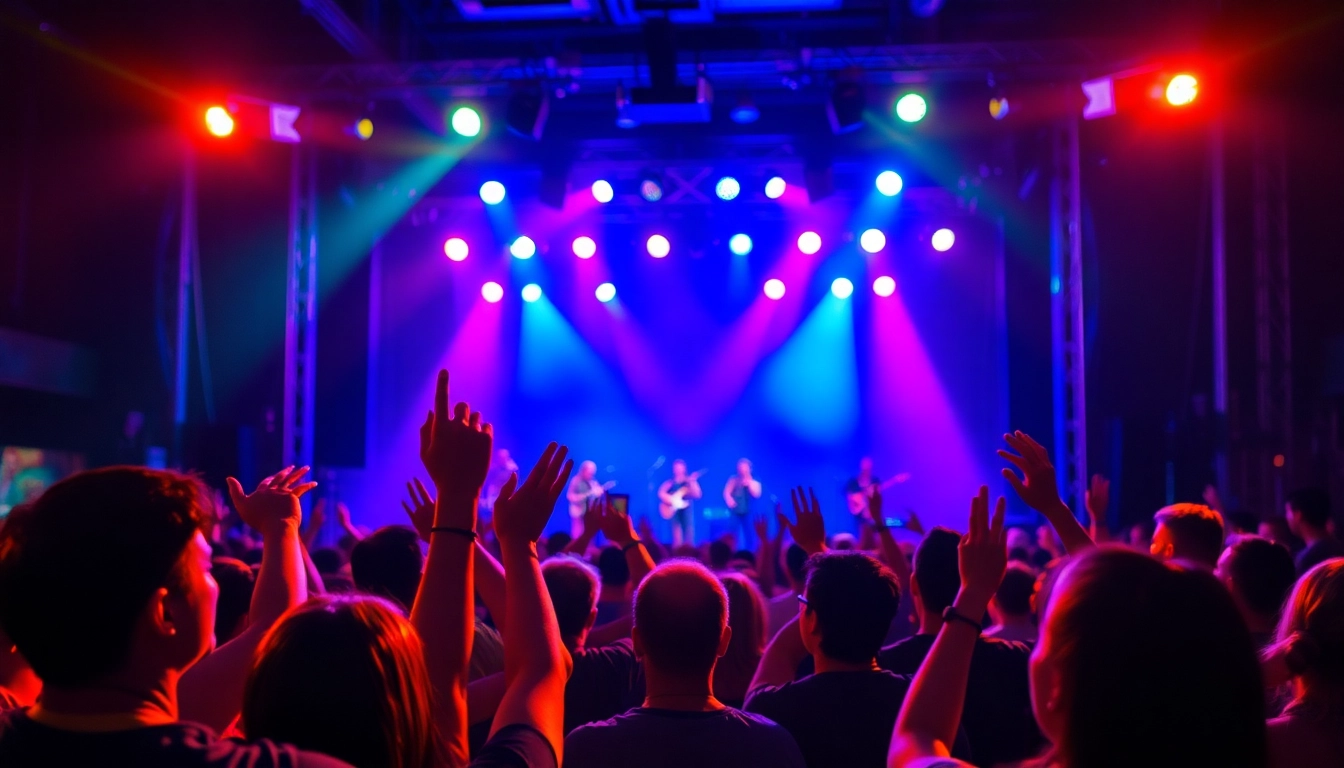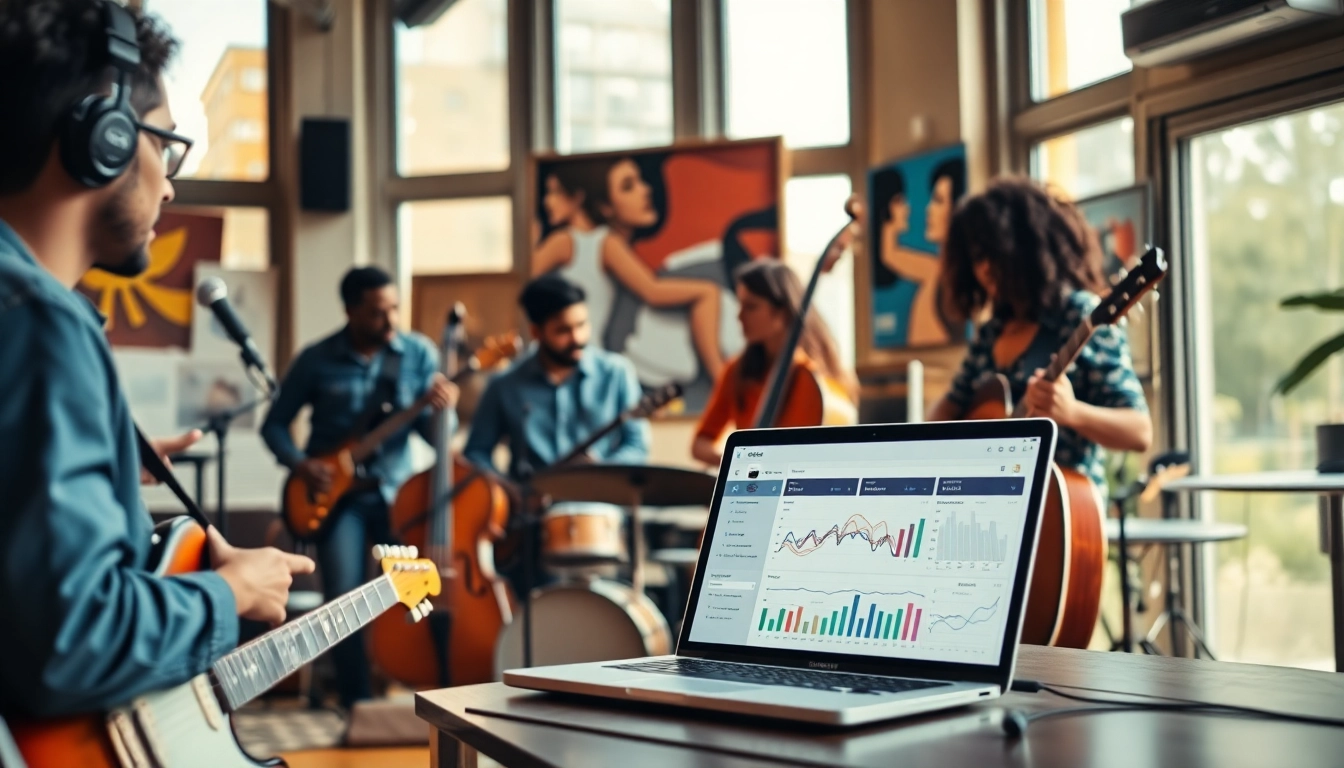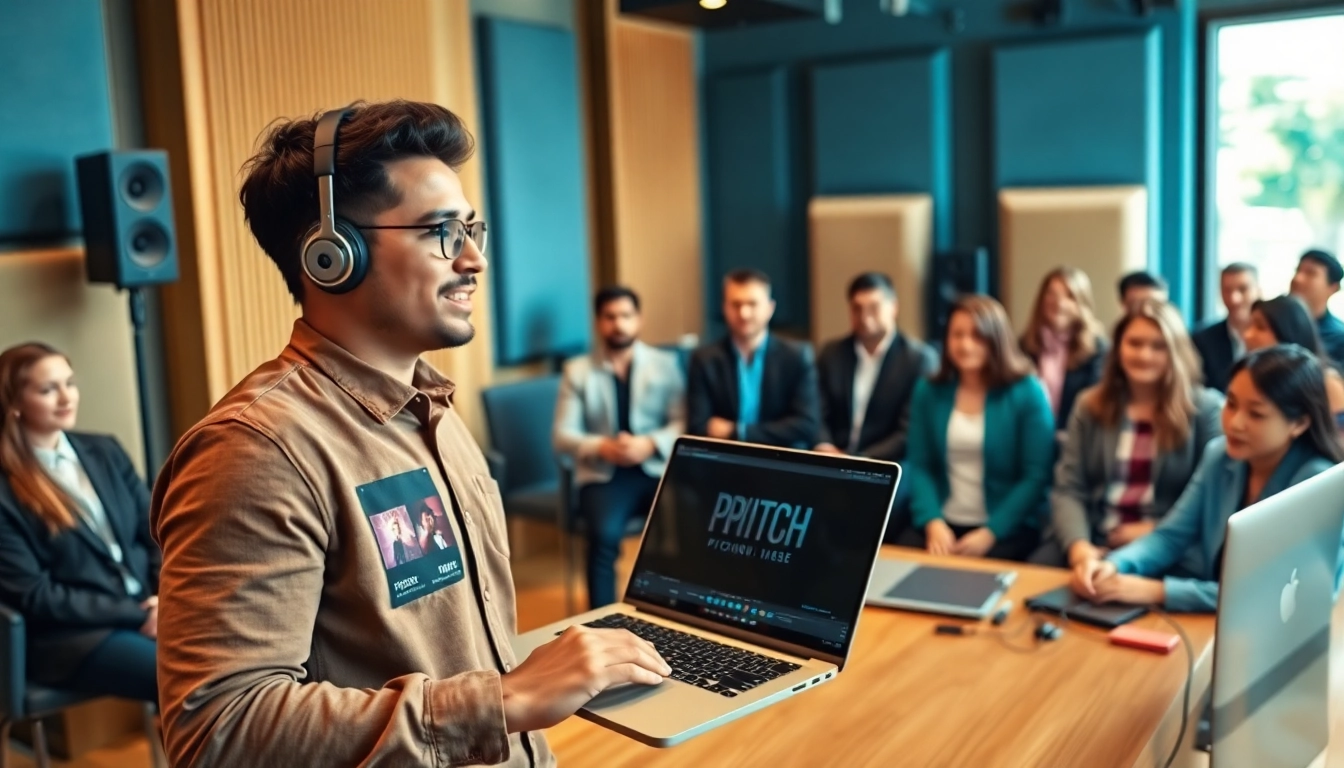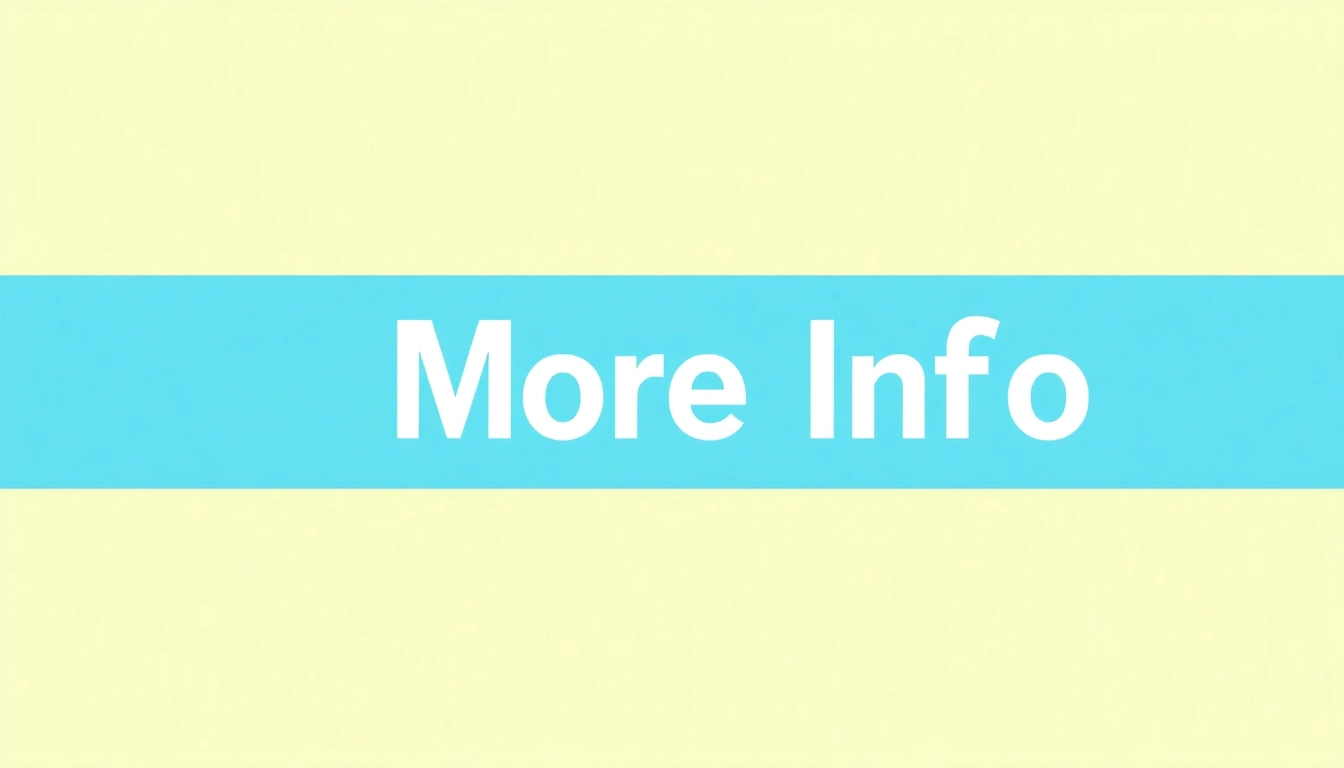Understanding Live Music Fans
The world of live music is vibrant and dynamic, characterized by passionate fans who thrive on the energy of live performances. To engage effectively with Live Music Fans, it’s essential to understand their unique traits, preferences, and motivations. In this section, we’ll delve into the demographics and psychographics of concert-goers, explore what drives them to attend events, and identify the common challenges they face.
Demographics and Psychographics of Concert-Goers
Identifying the demographics and psychographics of live music fans is crucial for successful event planning and marketing. Demographics often include age, gender, income level, and geographic location. For instance, studies reveal that younger audiences, particularly those aged 18-34, comprise a significant percentage of concert-goers. This generation is particularly influenced by social media and seeks experiential events that allow them to connect with their favorite artists and with one another.
Psychography, on the other hand, addresses the attitudes, values, and lifestyles of fans. Many live music enthusiasts prioritize experiences over material possessions, valuing creativity, social interaction, and authenticity. They often prefer smaller, intimate venues where they can feel connected to the artists, fostering a more emotional experience. Understanding these factors can help event organizers tailor their offerings to meet fan expectations and enhance overall satisfaction.
What Drives Live Music Fans to Attend Events?
Several key factors drive live music fans to attend concerts and festivals. First and foremost is the emotion and atmosphere that live performances offer. Many fans are drawn to the thrill of experiencing music in person, where they can feel the bass reverberate through their bodies and share moments of joy and excitement with fellow attendees.
Another significant motivator is community. Live music events serve as social gatherings where fans connect with others who share their passion. This sense of belonging is amplified by the communal aspects of concerts, such as singing along with others and participating in activities like crowd surfing or stage diving.
Additionally, the opportunity to see favorite artists perform live is often a powerful draw. The exclusivity of live shows—where fans can witness a unique performance that may never occur again—adds to the appeal. Supporting local artists and discovering new talent can also be strong motivators for concert-goers, as they seek to feel connected to the music scene.
Common Challenges Faced by Live Music Fans
Despite their passion, live music fans often encounter challenges that can hinder their concert experiences. One prevalent issue is the high cost of attendance. Ticket prices can be exorbitant, particularly for popular artists or festivals, and added expenses such as travel, accommodation, and food can deter some fans from participating.
Another challenge is accessibility. Not all venues are equipped to accommodate fans with disabilities, and travel logistics can also be a concern, particularly for fans living in remote areas. Moreover, the competition for tickets has become fierce, creating stress and frustration for those eager to attend sold-out shows.
Finally, the evolving landscape of health and safety regulations—exacerbated by the global pandemic—has added a layer of complexity to attending live events. Fans may navigate concerns about crowd sizes, venue limitations, or health protocols that impact their comfort and enjoyment.
Creating Memorable Experiences for Live Music Fans
Engaging with live music fans requires not only an understanding of their motivations and challenges but also a commitment to creating outstanding experiences. In this section, we will explore innovative event ideas, the importance of location, and how to foster a welcoming atmosphere for all attendees.
Innovative Event Ideas to Engage Your Audience
To keep live music experiences fresh and exciting, event organizers should consider innovative approaches that resonate with fans. For instance, incorporating interactive elements such as meet-and-greet opportunities, Q&A sessions, and backstage tours can enhance fan engagement. Offering exclusive merchandise or experiences—such as early access to tickets, VIP seating, or limited-edition items—can also create a sense of exclusivity and value.
Furthermore, integrating technology into live events can enhance the overall experience. Virtual reality (VR) experiences, live-streamed performances for remote attendees, and engaging mobile applications that allow fans to interact before, during, and after shows can foster deeper connections with both the music and the community.
Hosting themed events or collaborations with local artists can also amplify fan interest. For example, a concert series that features local food vendors alongside performances can create a festival-like atmosphere that draws in diverse crowds, engaging fans both musically and culturally.
The Role of Location in Captivating Live Music Fans
The choice of venue is paramount in shaping the experience for live music fans. An ideal location not only accommodates the expected capacity but also enhances the overall ambiance of the event. Outdoor venues, historic theaters, and unique spaces like art galleries or warehouses can elevate the concert-going experience and create lasting memories.
Accessibility is another crucial factor. Venues that are centrally located, served by public transportation, and equipped with adequate parking options ensure that fans can easily attend events without added stress. Additionally, venues that offer a welcoming atmosphere—such as comfortable seating, quality sound systems, and clean facilities—foster a positive experience that encourages fans to return for future events.
Building a Welcoming Atmosphere for All
Creating an inclusive atmosphere is vital for engaging live music fans. This involves prioritizing accessibility, accommodating diverse audiences, and fostering a sense of safety. Event organizers should consider implementing policies addressing harassment and creating safe spaces where everyone can enjoy the music without fear.
Design choices that enhance the visual and auditory experience—such as thoughtful stage design, effective lighting, and clear sound quality—also contribute to the overall atmosphere. Furthermore, engaging staff who are trained in customer service and equipped to assist all attendees can significantly enhance the event experience, establishing a reputation for hospitality that draws fans back time and time again.
Promoting Your Live Music Events Effectively
Effective promotion is essential for ensuring that live music events reach their intended audiences. Utilizing social media, collaborating with influencers, and implementing targeted marketing strategies can significantly enhance attendance and engagement. This section will delve into these promotion methods to help you connect with live music fans more effectively.
Utilizing Social Media to Reach Live Music Fans
Social media platforms are powerful tools for promoting live music events. Engaging with fans through platforms like Instagram, Facebook, and TikTok allows organizers to share teaser content, artist spotlights, and behind-the-scenes glimpses that can generate buzz around an event. Creating a unique event hashtag will further facilitate fan interaction and encourage attendees to share their experiences.
Paid advertising on social media can also be effective, allowing marketers to target specific demographics based on location, interests, and past behaviors. Utilizing analytics tools to track engagement and audience response will allow marketers to refine their strategies for maximum effectiveness.
Collaborations with Influencers in the Music Scene
Collaborating with music influencers and bloggers can exponentially increase exposure for live events. These individuals often have dedicated followings that trust their recommendations, making their endorsement invaluable. By partnering with influencers to host giveaways, create buzz through previews, or even attend events themselves, organizers can reach new audiences that may not have been aware of their offerings.
Moreover, utilizing influencer-created content—such as vlogs, blog posts, or social media takeovers—can add a personalized touch that resonates well with fans. By fostering relationships with local influencers, event planners can tap into niche markets and create tailored messaging that speaks directly to audience interests.
Effective Event Marketing Strategies
Beyond digital marketing, traditional methods should not be overlooked when promoting live music events. Consider utilizing local media—such as newspapers, radio stations, and community bulletin boards—to reach audiences that may not be highly active on social media. Hosting pre-event promotions, such as listening parties or pop-up shows in local hotspots, can also generate excitement and introduce new potential attendees to the lineup.
Lastly, providing special discounts or early bird ticket offers can incentivize fans to commit early, while loyalty programs or special perks for returning concert-goers can encourage ongoing engagement and build a dedicated audience over time.
Feedback and Community Engagement for Live Music Fans
Engaging with live music fans extends beyond the event itself. Gathering insights from attendees before, during, and after shows is vital for building a loyal community and continuously improving the fan experience. This section will explore methods for collecting audience feedback, fostering a sense of community, and best practices for interaction.
Gathering Insights from Your Audience
Surveys and feedback forms are valuable tools for gauging audience satisfaction and identifying areas for improvement. Engaging with fans directly through social media polls or dedicated feedback sessions allows organizers to capture the sentiments of their attendees. Post-event surveys can ask questions about the overall experience, including aspects such as ticket purchasing, venue satisfaction, and artistic performance.
Integrating technology, such as mobile apps that facilitate real-time feedback during events, can provide insights that can be acted upon almost immediately. Listening to fans’ input will show that their opinions are valued, helping to establish trust and loyalty towards future events.
Building a Community Around Your Events
Creating a sense of belonging is essential for building a fan community. Event organizers can cultivate this by creating dedicated online platforms—like Facebook groups or forums—where fans can connect, share experiences, and discuss upcoming events. Hosting exclusive fan events, such as pre-show meetups or post-show gatherings, can further strengthen the community bond.
Moreover, collaborating with local charities or participating in community-focused initiatives can bolster the organization’s reputation while fostering goodwill among fans, showcasing a commitment to the culture and community surrounding live music.
Best Practices for Fan Interaction Before and After Shows
Proactive fan interaction both before and after shows is vital for engendering loyalty. Engaging with fans on social media leading up to an event—sharing sneak peeks, announcing opening acts, and generating excitement through countdowns—can enhance anticipation. Post-event, organizers should follow up with attendees, thank them for their participation, and encourage them to provide feedback.
Moreover, showcasing fan interactions—such as sharing user-generated content or highlights from the event—can create a sense of collective experience, reinforcing community ties. Acknowledging fan contributions builds trust and loyalty and encourages ongoing participation in future events.
Measuring Success in Meeting the Needs of Live Music Fans
To ensure you are effectively meeting the needs of live music fans, it is crucial to establish clear metrics for success. This section will explore key performance indicators (KPIs) for live music events, methods for analyzing audience feedback, and the importance of adjusting strategies based on data insights.
Key Performance Indicators for Live Music Events
Identifying KPIs is essential for measuring success in meeting the needs of live music fans. Common metrics include ticket sales, attendance rates, engagement on promotional content, and social media interactions. Monitoring these KPIs can help organizers gauge audience interest and identify trends over time.
Additionally, revenue generated through merchandise and food vendors during events can provide insights into fan spending habits and preferences. Tracking repeat attendance can also indicate ongoing fan commitment, serving as a valuable metric for long-term success.
Analyzing Audience Feedback and Engagement Metrics
Analyzing audience feedback and engagement metrics is essential for understanding how well events resonate with fans. Reviews and ratings on platforms like Google, Yelp, or social media can provide qualitative insights, while quantitative data from surveys and polls offers clear numerical perspectives.
Using analytics tools, event organizers can assess engagement levels, peak times for interactions, and demographic information of attendees. This analysis will enable organizers to refine marketing strategies, adjust programming, and enhance overall experience based on direct fan input.
Adjusting Strategies Based on Data Insights
Continuously adapting strategies based on data insights is key to meeting the evolving needs of live music fans. By regularly reviewing performance metrics and audience feedback, event planners can identify strengths to build upon and weaknesses to address. For instance, if surveys reveal fans’ desire for more diverse lineups, organizers can prioritize programming that features a broader range of genres and styles in future events.
Ultimately, fostering a culture of flexibility and responsiveness will enhance the connection between organizers and live music fans, leading to more successful and memorable events. This commitment to data-driven decision-making will not only improve the fan experience but also solidify the organizer’s reputation within the music community.



